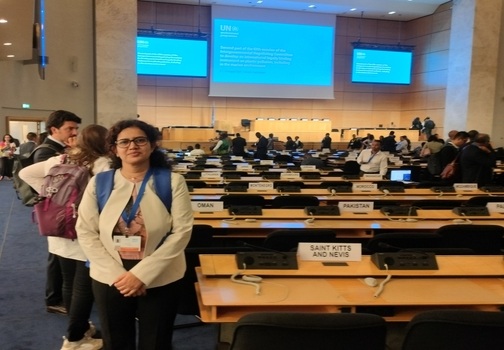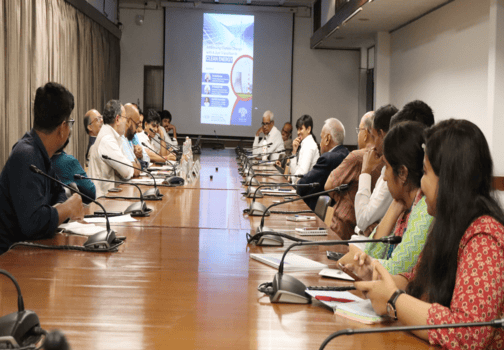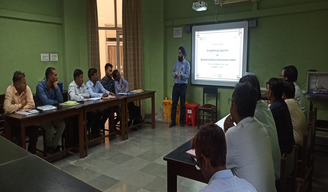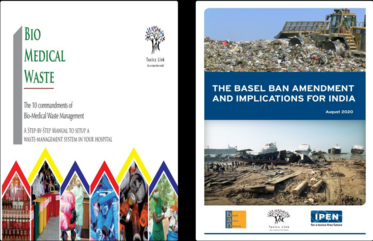WHO-SEARO project on Case Studies on the Regional Best Practices to Minimize Antimicrobial Waste
The World Health Organization (WHO) considers Antimicrobial Resistance (AMR) one of humanity’s top 10 global public health threats. According to global estimates, almost 7 lakh people die annually from AMR. Over-prescription and misuse of antimicrobials in humans and agriculture, uncontrolled release of antimicrobials into the environment through untreated wastewater and other avenues, poor management of antimicrobial waste, and relative lack of awareness among stakeholders, including communities, are major contributors to this phenomenon. Despite the rise in antimicrobial resistance globally, budding economies are the ones who bare significant costs owing to their lack of medical modalities and advanced medicines. Therefore, the mitigation of AMR requires urgent multi-sectoral action within the framework of the one health approach.
The South East Asia Region of WHO (WHO SEAR) comprises developing economies undergoing significant socio-economic changes. It is also home to over a quarter of the world’s population, and major AMR “reservoirs.” A WHO-risk assessment study showed that SEAR is likely the most at-risk part of the world. All the 11 Member States (Bangladesh, Bhutan, DPR-Korea, India, Indonesia, Maldives, Myanmar, Nepal, Sri Lanka, Thailand, and Timor-Leste) of WHO SEAR developed national action plans (NAPs) to address AMR, with the countries releasing their national action plans to align with the Global Action Plan.
In this context, WHO SEARO assigned Toxics Link to prepare a compendium on the case studies on the regional best practices to minimize antimicrobial waste through supportive policies, plans and accountability mechanisms in the South East Asia Region.






